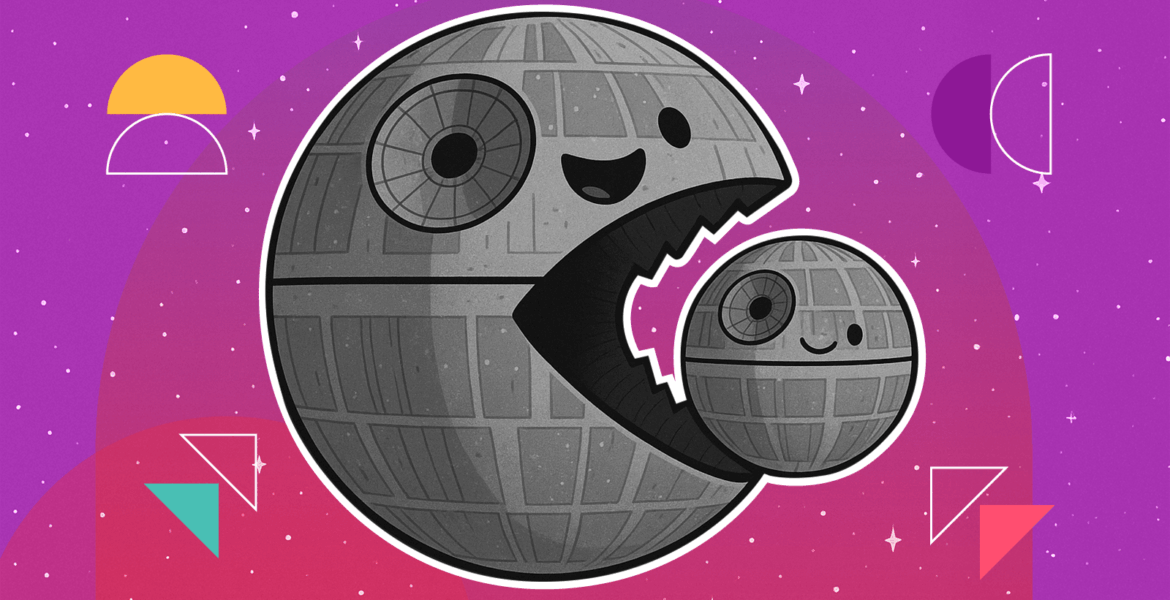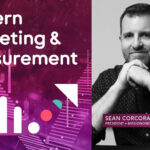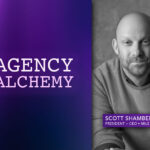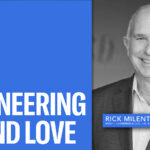By Brett Banker and Eric Segal, Co-founders, X&O
Earlier this month, shareholders of Omnicom Group and Interpublic Group (IPG) voted to approve the merger of the two holding companies, taking an important step to become the world’s largest advertising network. While there are still a few legal hurdles before being finalized, the idea of two enormous brands combining into one brings up a lot of questions – what will this mean for clients? What impact will this have for employees? How will this impact attracting new talent? And how will this affect the advertising industry at large?
As the co-founders of X&O, we definitely have some thoughts. Images of the Death Star swallowing another Death Star come to mind. Not to mention all the people that are currently employed may be pushed to that murky middle of management, making it harder to break through the bureaucracy and more layers of red tape. This could impact talent – the great practitioners may be harder to retain as more and more is asked of them in the same period of time. Afterall, many of these senior folks are already overextended with their time allotment per client.
X&O is the antithesis of the large holding company model, using an anonymous network of senior talent to solve brand problems in short stints. In fact, we created the sprint model working only top-to-top to not deal with account maintenance work and get CMOs the best ideas from the best talent in a fraction of the time and cost.
We thought it would be interesting to get opinions from some of our expert network to find out their thoughts about the merger, the state of the advertising industry and how Omnicom and IPG employees might be feeling. Keep in mind, X&O’s network is anonymous and uses self-appointed names based on a color that best represents them. Some of their thoughts and analogies below:
Mx. Eggplant: “The aim of conglomeration is homogeneity. The same ideas, the same opinions, the same biases, all viewed through the monocle of one holding company. <sad trombone> for creativity in marketing.”
Mx. Vermillion: “Kmart-Sears (2004-2018). AOL-Time Warner (2000-2009). HP-Compaq (2002-2015). Viacom-CBS (2019 lololol). When companies merge to create short-term efficiencies and mask their weaknesses, but without real innovation or value creation beyond new naming conventions, they only delay their inevitable decline while those at the top keep getting paychecks into retirement.”
Mx. Red: “The Titanic hits an iceberg and starts to sink. A larger Titanic pulls up and takes people off. As it turns to leave, it hits the same iceberg and starts to sink. On the bridge, the two captains drink champagne and count their stock options.”
Mx. Butter : “IPG and Omnicom becoming the biggest holding company in the world is not a selling point. It means more layers, more bureaucracy, and more decisions driven by finance. What little creativity makes it through feels processed, diluted, and safe. Boring.
What used to be about strategy and scale has turned into a Game of Thrones battle, where finance and procurement are the decision makers. Unless you’re a massive global brand that needs a holding company to manage 50 markets, you’re paying for layers of inefficiency. You’re not going to get the best service, and you’re definitely not going to get the best talent. Pick a number. You’re at the DMV of advertising.
For talent, it’s the same story. Headcount matters more than creativity. The best talent doesn’t want to navigate office politics in a finance-first organization. They want to do the work, not watch creativity get buried under layers of process.”
While these experts may not have a crystal ball to see how the combined holding agency will ultimately play out, their collective opinion definitely skews towards the negative for the talent, clients and creative output. Merging the two brands may have financial benefits for large, global brands that need a holding company to have access to multiple agencies with one access point. But it’s likely the vast majority of brands that are not part of the Fortune 100 will be looking for ways to connect with smaller, more nimble and specialized agencies in the future.











